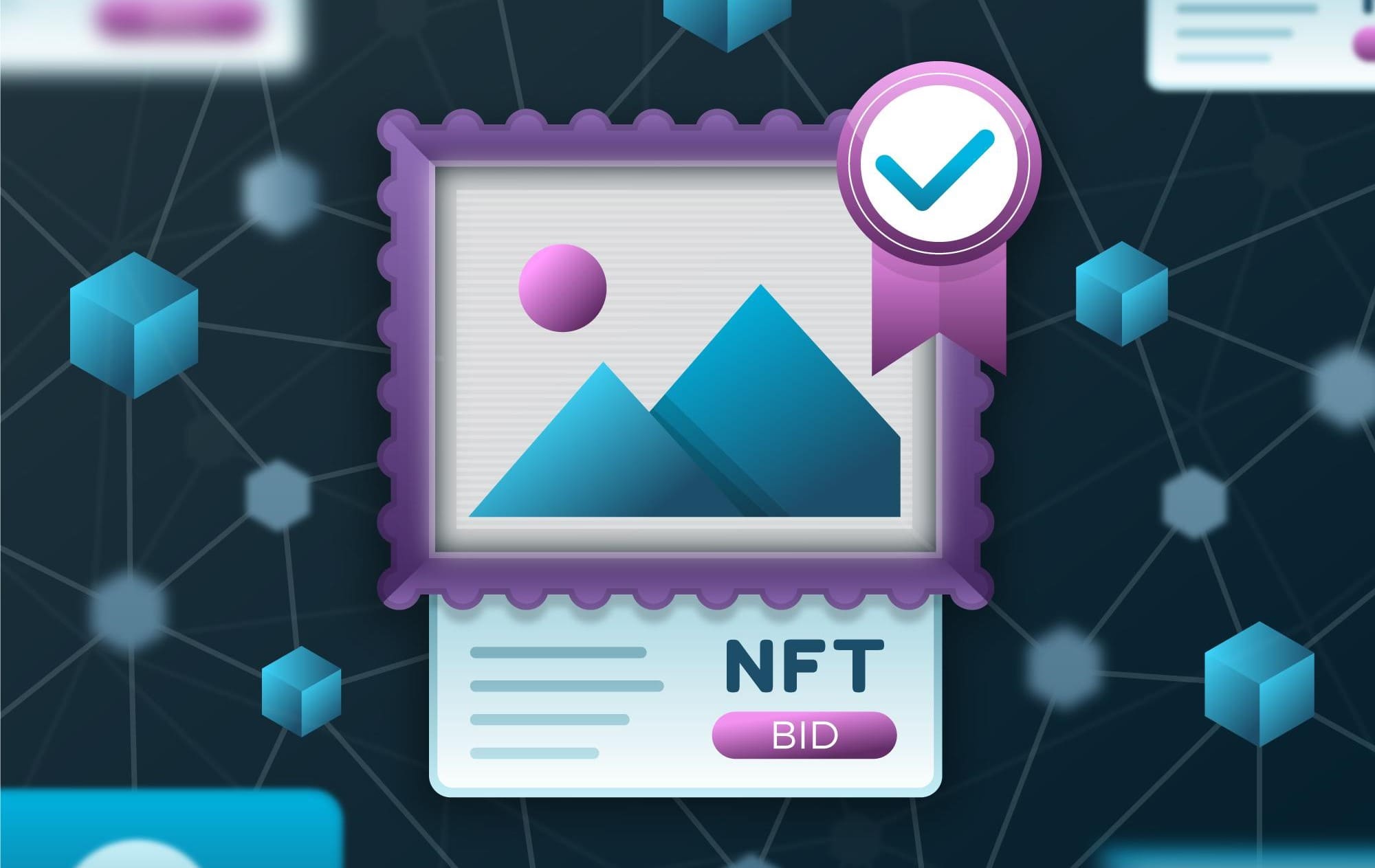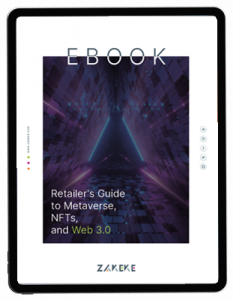The digital age has made it easy to copy things endlessly, shaking up the traditional idea of scarcity. Non-Fungible Tokens (NFTs) have brought back the appeal of limited editions by combining digital exclusivity with real-world value. This blend has opened up new ecommerce opportunities, shaping a fresh narrative around exclusivity and authenticity.
The Power of Limited Editions in Marketing
Limited editions have historically been a potent marketing tool. By limiting supply, brands can drive demand, create a sense of urgency, and build a community of enthusiasts. The idea of using limited editions in marketing started in the publishing world and has since spread to sectors like fashion, cars, and cosmetics.
For instance, in 2011, Dolce & Gabbana’s limited edition Animalier Bronzer attracted over 65% of new customers to the brand. Similarly, the same year, Chevrolet’s limited-edition collaboration with Hot Wheels led to over five million media impressions for the Camaro (Source).
More recently, Heinz and Absolut collaborated to create a limited-edition product that soared in popularity this year. This unconventional pairing of ketchup and vodka brands struck a chord with consumers by invoking nostalgia and offering a unique, collectible item. The campaign, which blended the aesthetics of both brands, became a sensation (Source).
NFTs Defined: More than Just Digital Art
NFTs, or Non-Fungible Tokens, are unique digital assets verified using blockchain technology. Think of an NFT as a certificate of authenticity and ownership for an individual item in the digital world.
Like a signed first-edition book or a numbered print of a painting, each NFT is unique and can’t be swapped for something else.
It’s stored on the blockchain, like a public record book, ensuring everyone knows who owns that digital item. Unlike a regular dollar bill or a digital song file that can be exchanged one-to-one, NFTs represent ownership of unique items or assets.
Each NFT is distinct and cannot be exchanged one-to-one with any other token.
Initially popularized by digital art, NFTs have expanded to represent a wide range of unique assets and experiences in the digital world, opening new avenues for ownership, transaction, and value creation.
They present a robust framework for delineating and verifying digital limited-edition releases.
The Appeal of Limited Editions in Ecommerce
Limited editions in ecommerce create exclusivity and urgency, appealing to consumers’ desire for unique items.
Leveraging limited editions in ecommerce comes down to:
- Exclusivity: Limited editions provide a sense of exclusivity as they offer something unique that is not widely available.
- Urgency: The scarcity of limited editions creates a sense of urgency among consumers, encouraging quicker purchasing decisions.
- Increased Perceived Value: Limited editions often have a higher perceived value due to their scarcity and uniqueness, allowing for premium pricing and enhanced profitability.
- Consumer Engagement: Offering limited editions can spark consumer interest and engagement.
- Brand Differentiation: Limited editions allow brands to showcase creativity, innovation, and differentiation in a crowded marketplace.
- Community Building: Through limited editions, brands can build a community of loyal customers who share a common interest in the exclusive products offered.
- Data Collection and Insights: Limited edition launches can provide valuable data and insights on consumer preferences, enabling better future product development and marketing strategies.
Strategies for Integrating NFTs as Limited-Edition Products
NFTs use blockchain to set a fixed number of items (the supply), making them exclusive and rare. Many brands now resort to NFTs to offer unique limited-edition products, from valuable collectibles to exclusive community access.
Once minted, the supply of these NFTs cannot be altered, ensuring the exclusivity and scarcity of the limited-edition product.
In the following section, we’ll delve into compelling case studies that showcase the innovative use of NFTs in various industries.
Case Studies: Successful NFT Limited Edition Launches
- Etihad Airways: Etihad’s innovative “Horizon Club” Web3 loyalty program showcased a 300-edition NFT collection on the Polygon network. Each NFT acted as a digital membership card, offering holders real-world perks like priority check-in, lounge access, and the ability to stake NFTs to earn miles. This initiative appealed to tech-savvy travelers, intertwining blockchain technology with tangible benefits. The partnership with asset tokenization and infrastructure firms enabled seamless crypto or credit card payments, exemplifying cross-industry collaboration.
- Louis Vuitton: Louis Vuitton’s “Treasure Trunk” collection, with its (very) limited edition, non-resellable NFTs, was a bold experiment in fostering brand loyalty and exclusivity. These NFTs were tied to high-value physical products and exclusive experiences. They presented a new strategy to deter quick reselling, ensuring a long-term relationship between the brand and its customers. The substantial primary market price, coupled with the non-resellable nature of the NFTs, depicted a potential new revenue model for luxury brands.
- Alpine: Alpine’s 100 NFTs collection was a gateway to an exclusive Web3 community, targeting wealthy young millennials. The scarcity of NFTs drove a strong FOMO, resulting in a sell-out within 3 minutes and a thriving community on Twitter and Discord. The NFTs provided utility by granting access to real-life experiences, unique Alpine products, and exclusive community channels, showcasing how digital scarcity can translate to real-world value and engagement.
- Tiffany & Co.: Tiffany’s NFTiff pass offered a limited-edition bespoke pendant to CryptoPunks’ holders, costing ETH 30 each. The campaign targeted a specific digital tech-savvy audience, creating an enormous buzz within the NFT community and amplifying brand awareness across the Web3 space. The rapid sell-out of the collection and the ensuing conversations shed light on the synergy between traditional luxury and digital asset ownership.
Marketing and Promoting NFT Limited Editions
Promoting NFT limited editions requires mixing classic marketing methods with new digital approaches.
Social media, community interaction, and NFT sales platforms are key in increasing visibility and demand for the product. These channels work together to spread the word and create a sense of urgency and exclusivity, encouraging more people to get involved.
The authenticity assured by blockchain verification becomes a significant selling argument, enhancing the brand’s trustworthiness in the eyes of modern consumers.

DVRS
DVRS is a pioneering Web3 studio, guiding brands on their blockchain journey. With a team of seasoned blockchain engineers and crypto-native experts, they create immersive experiences and build digital communities, setting new standards in the Web3 space.














